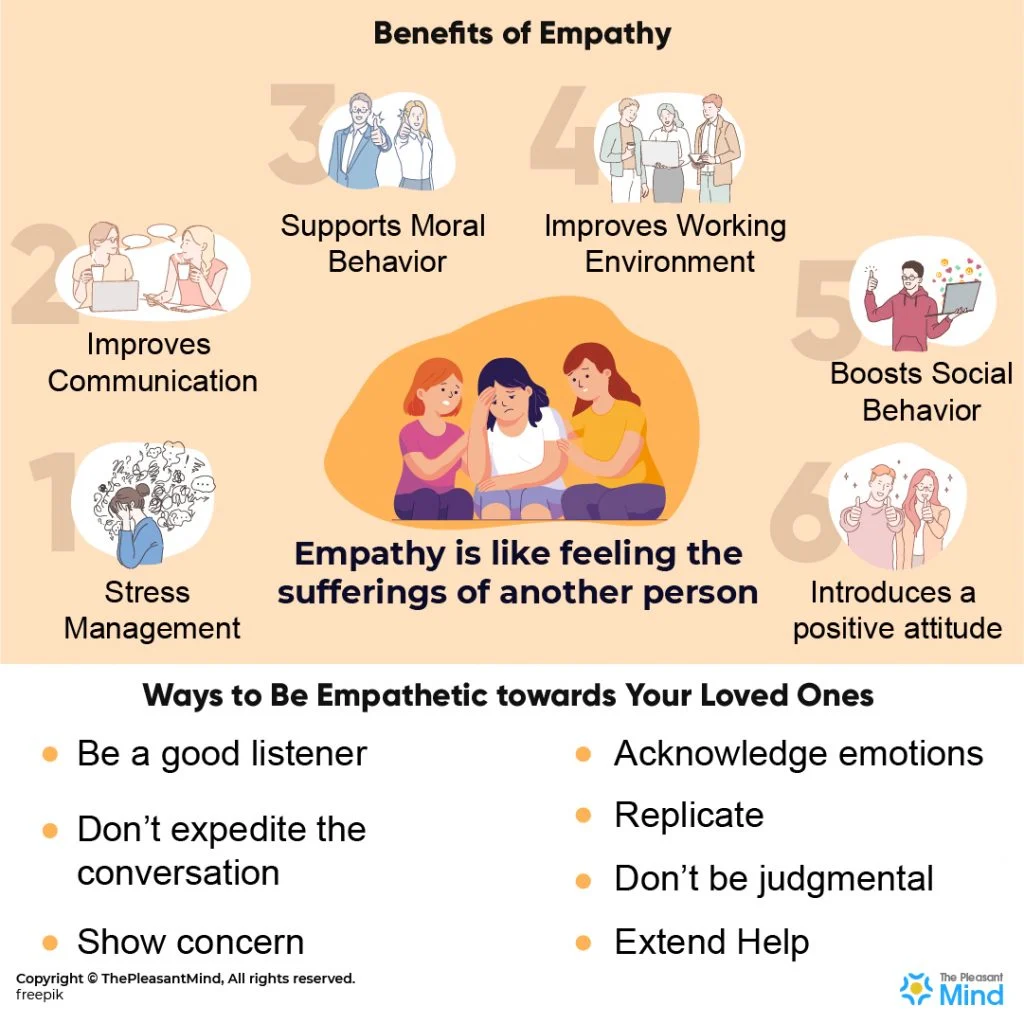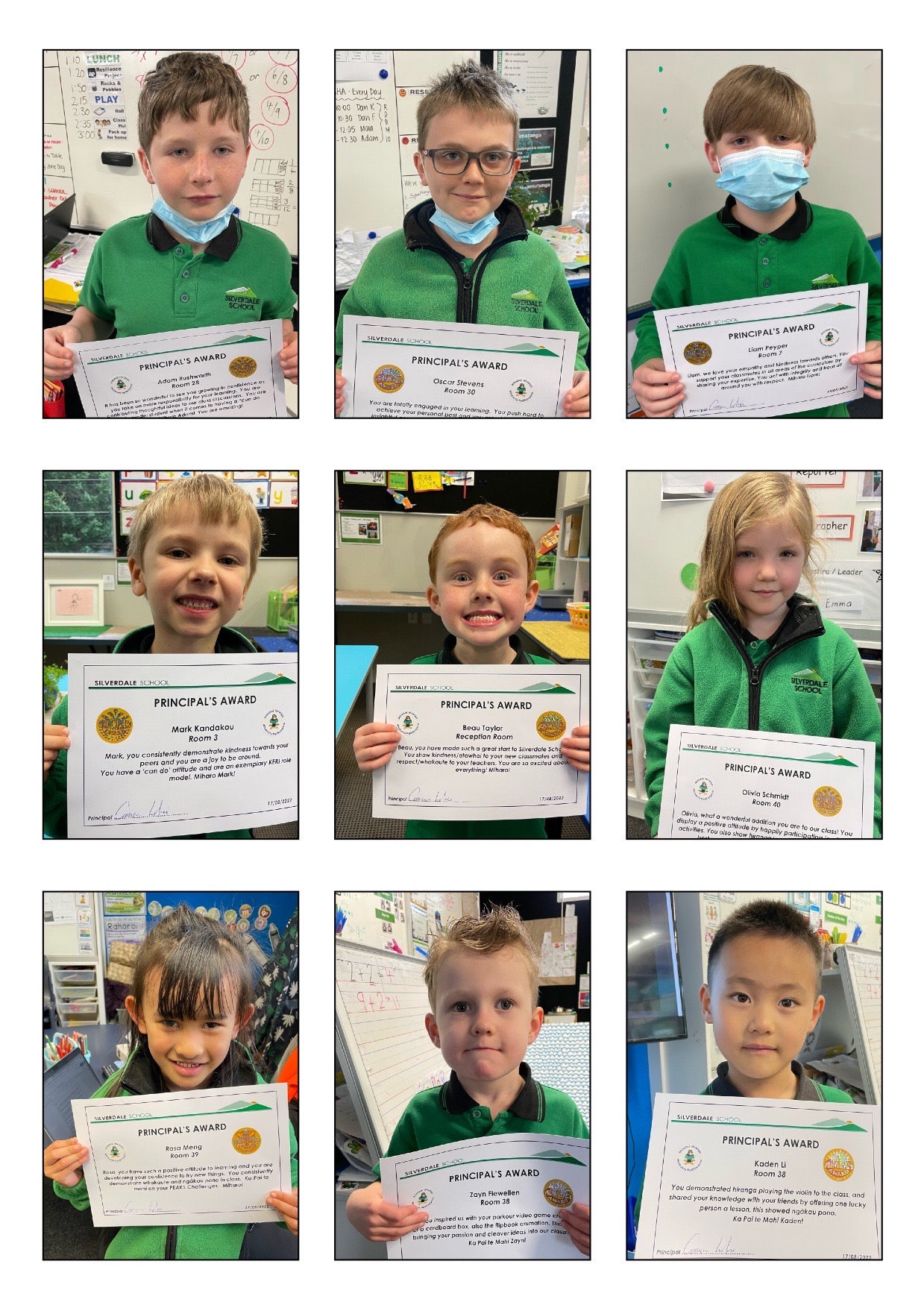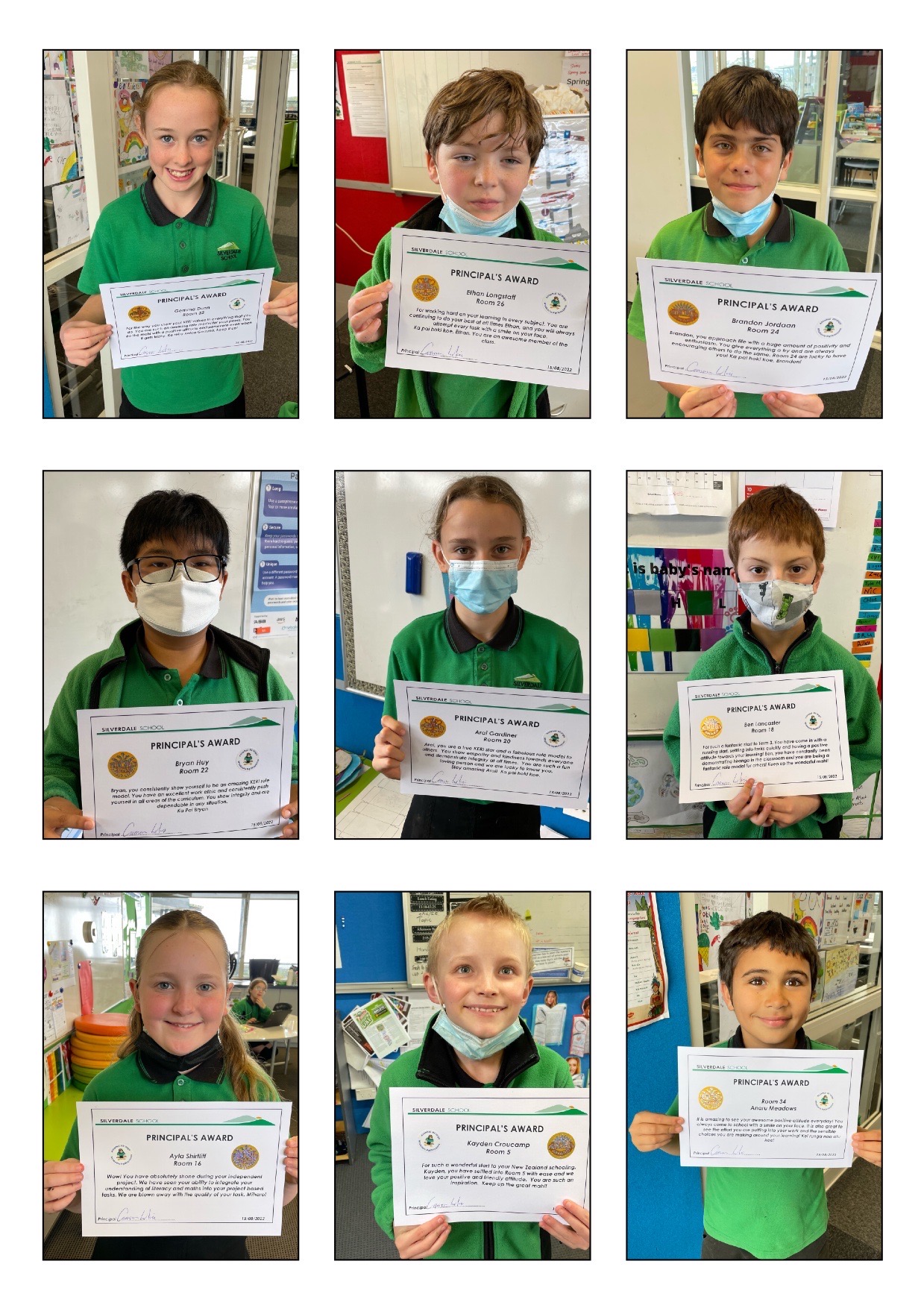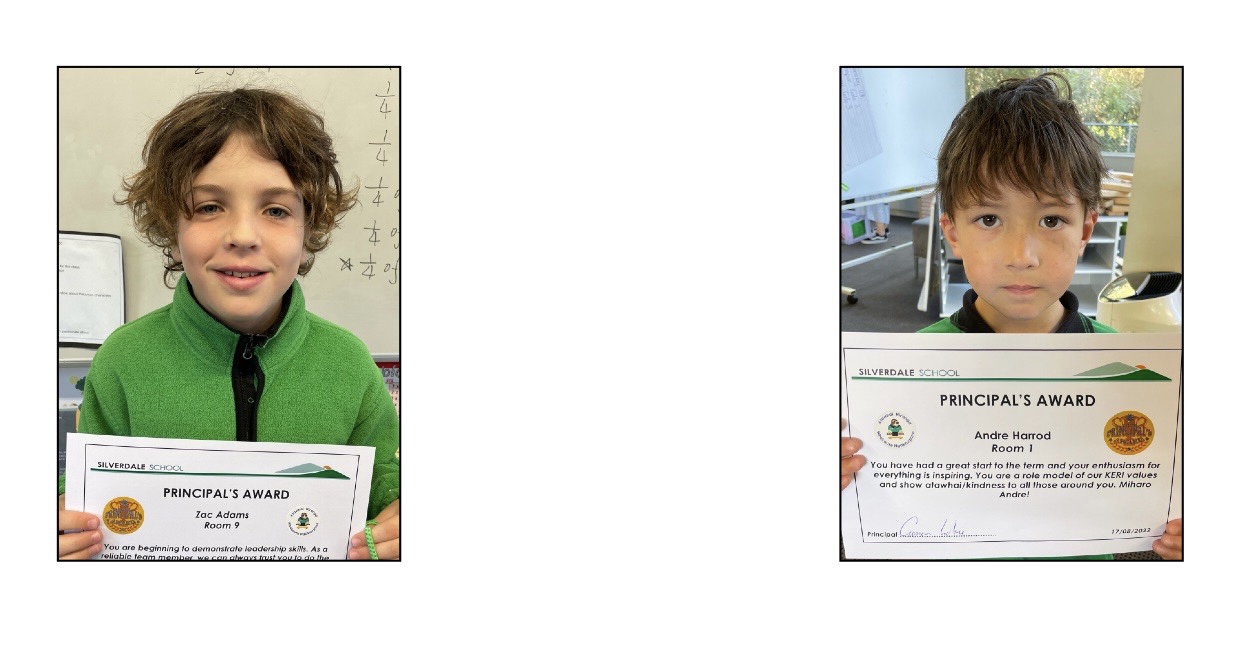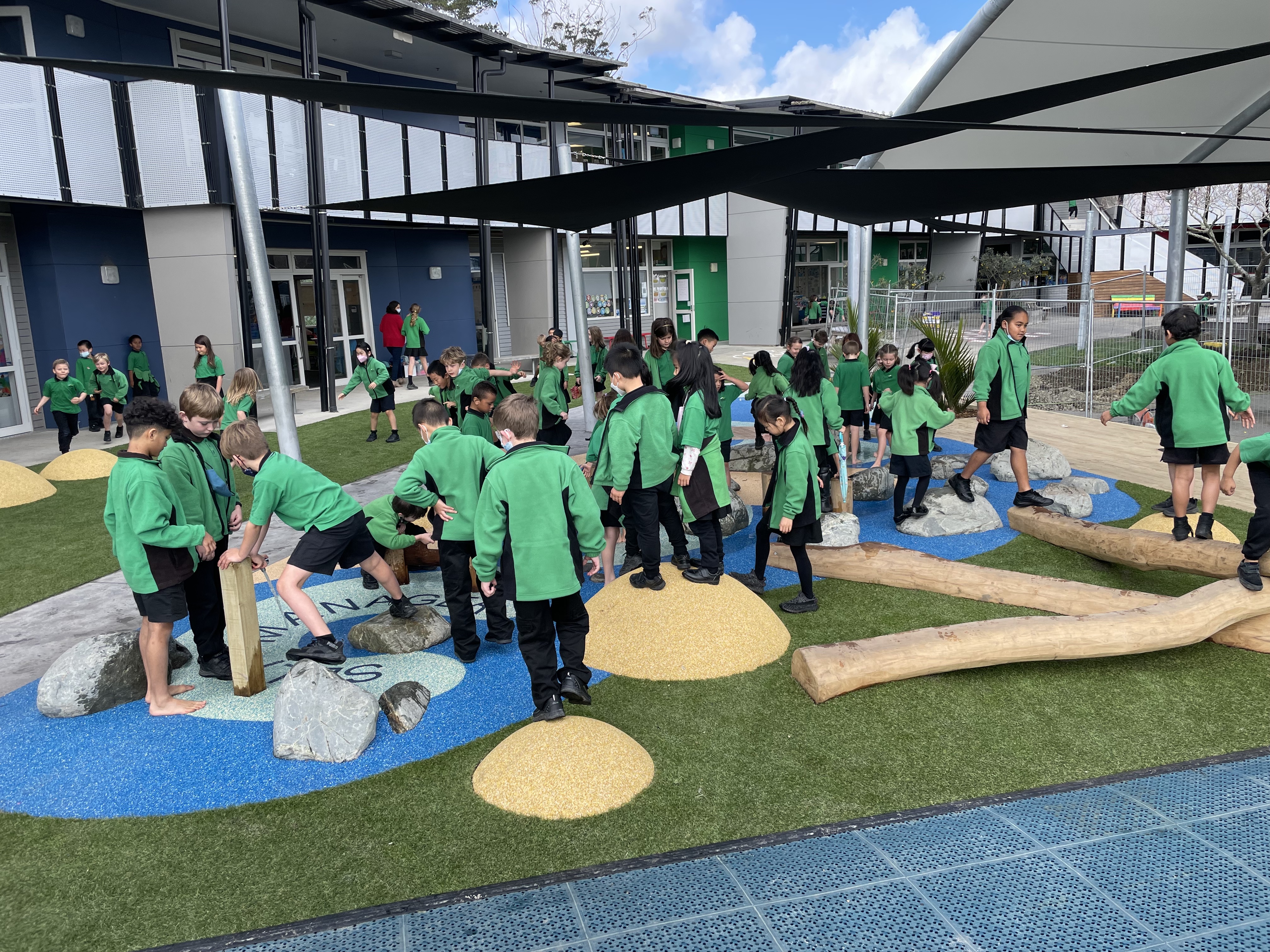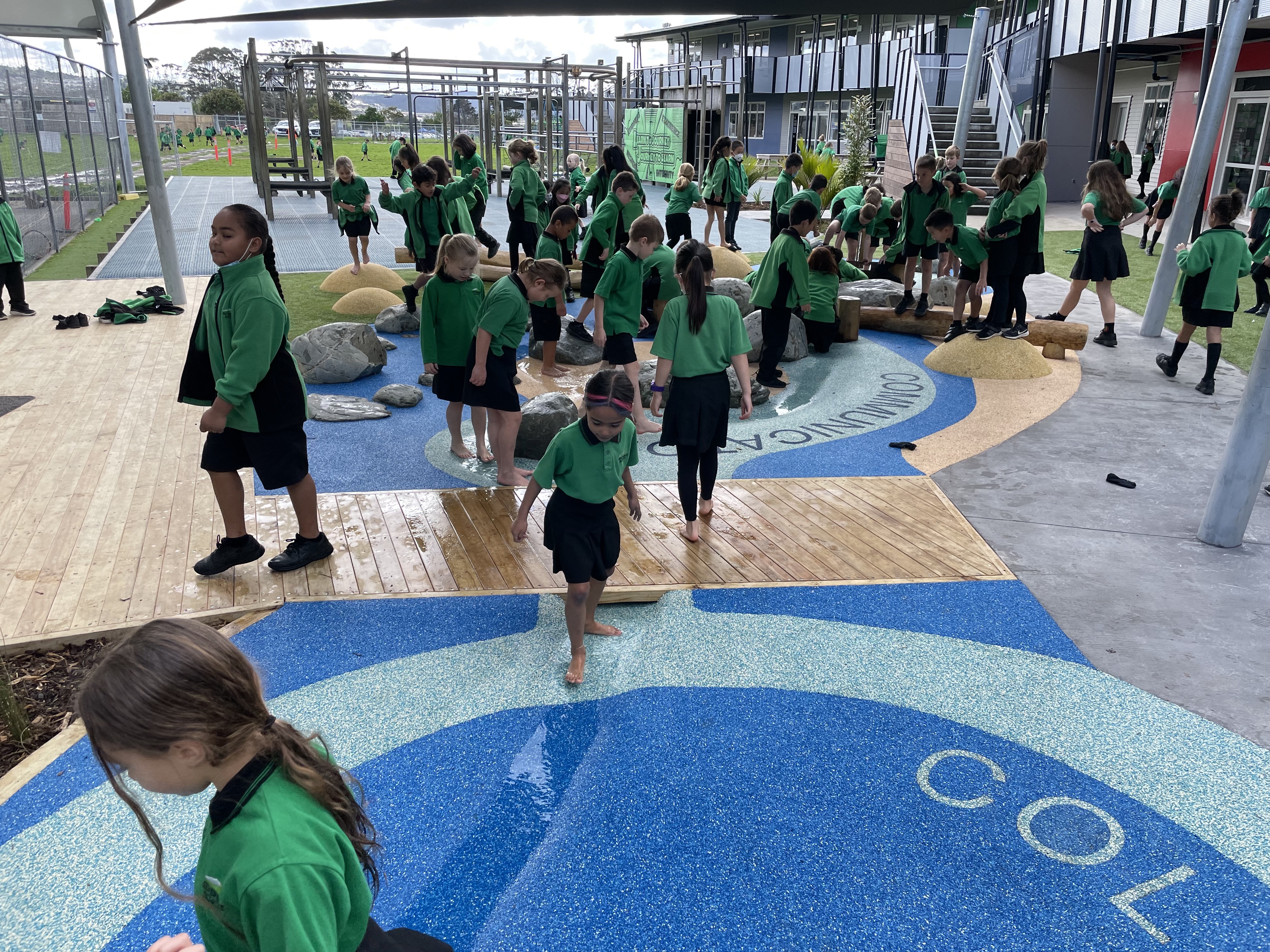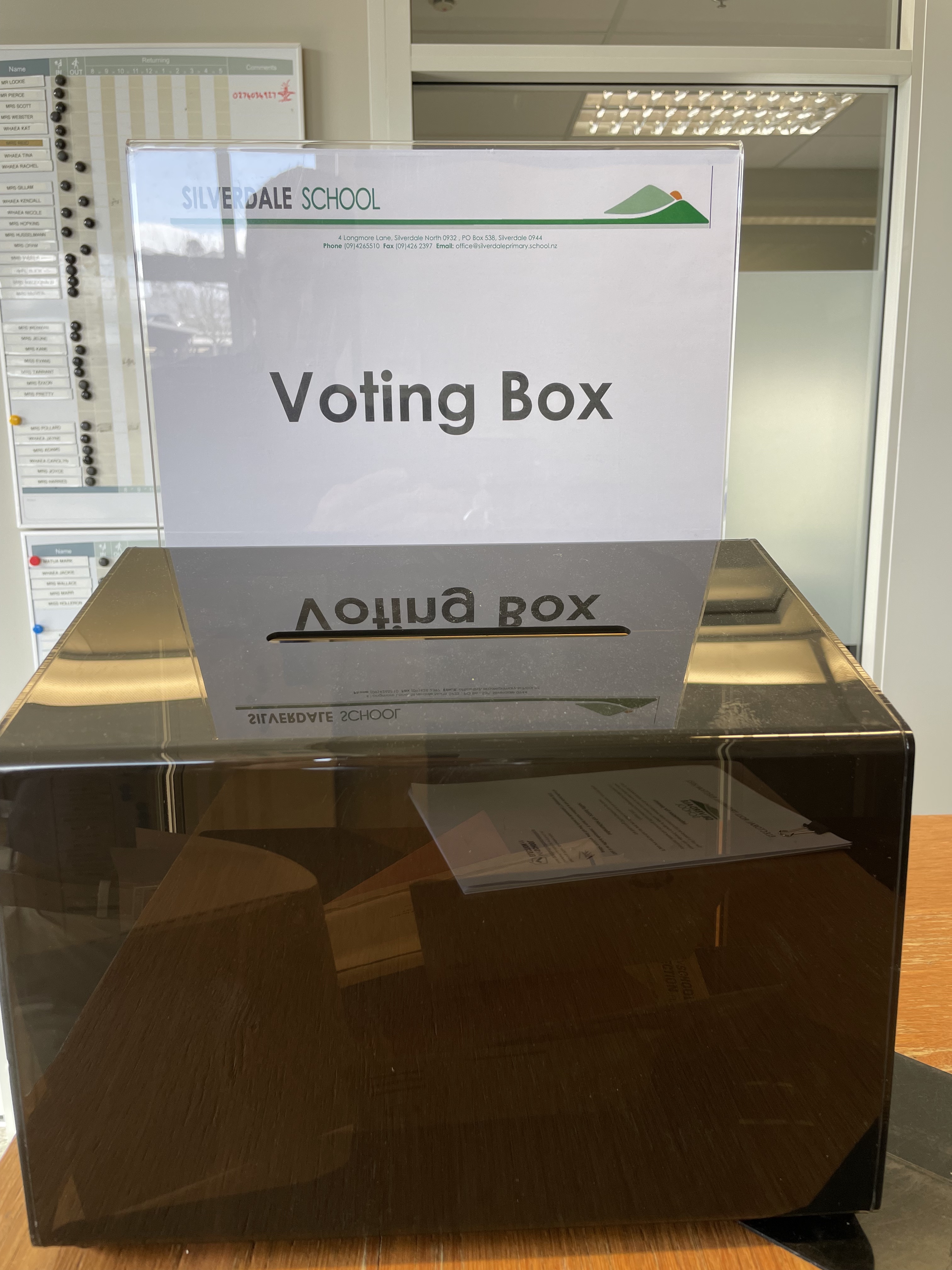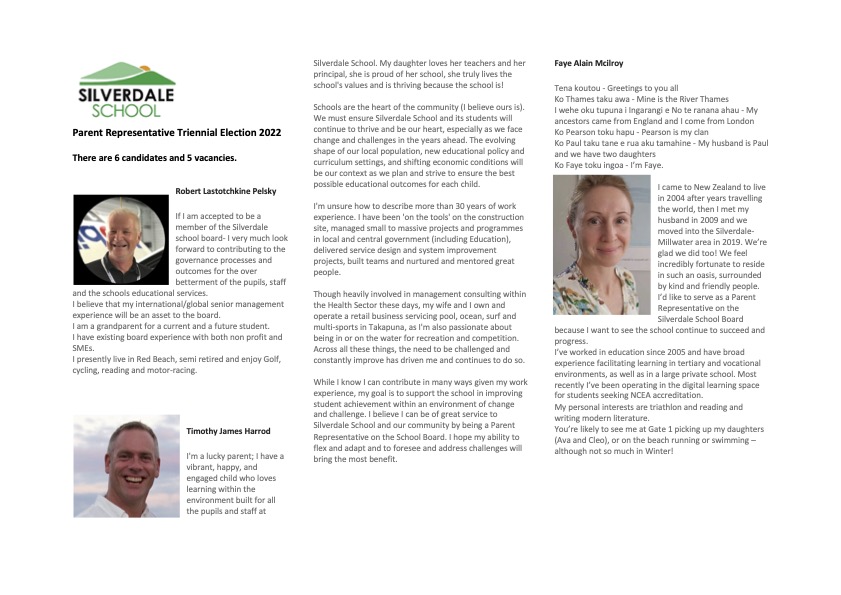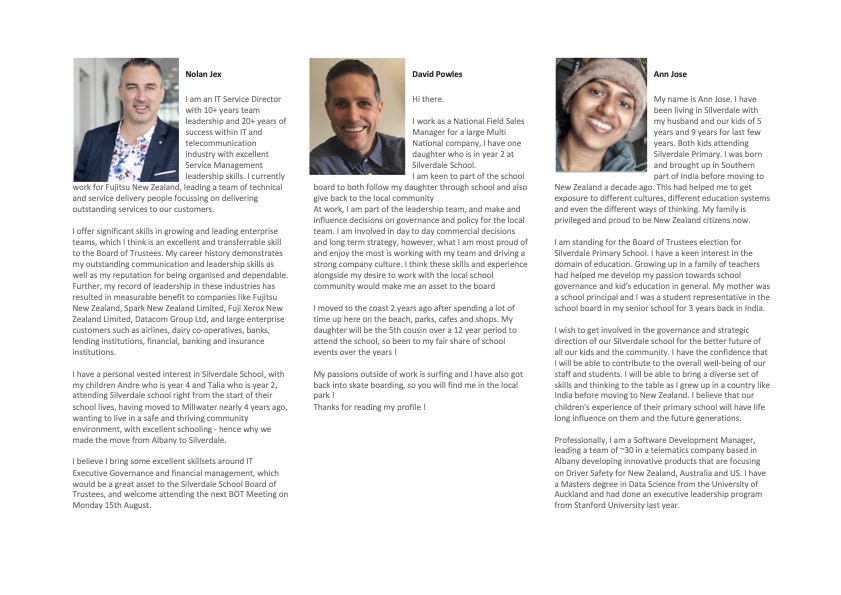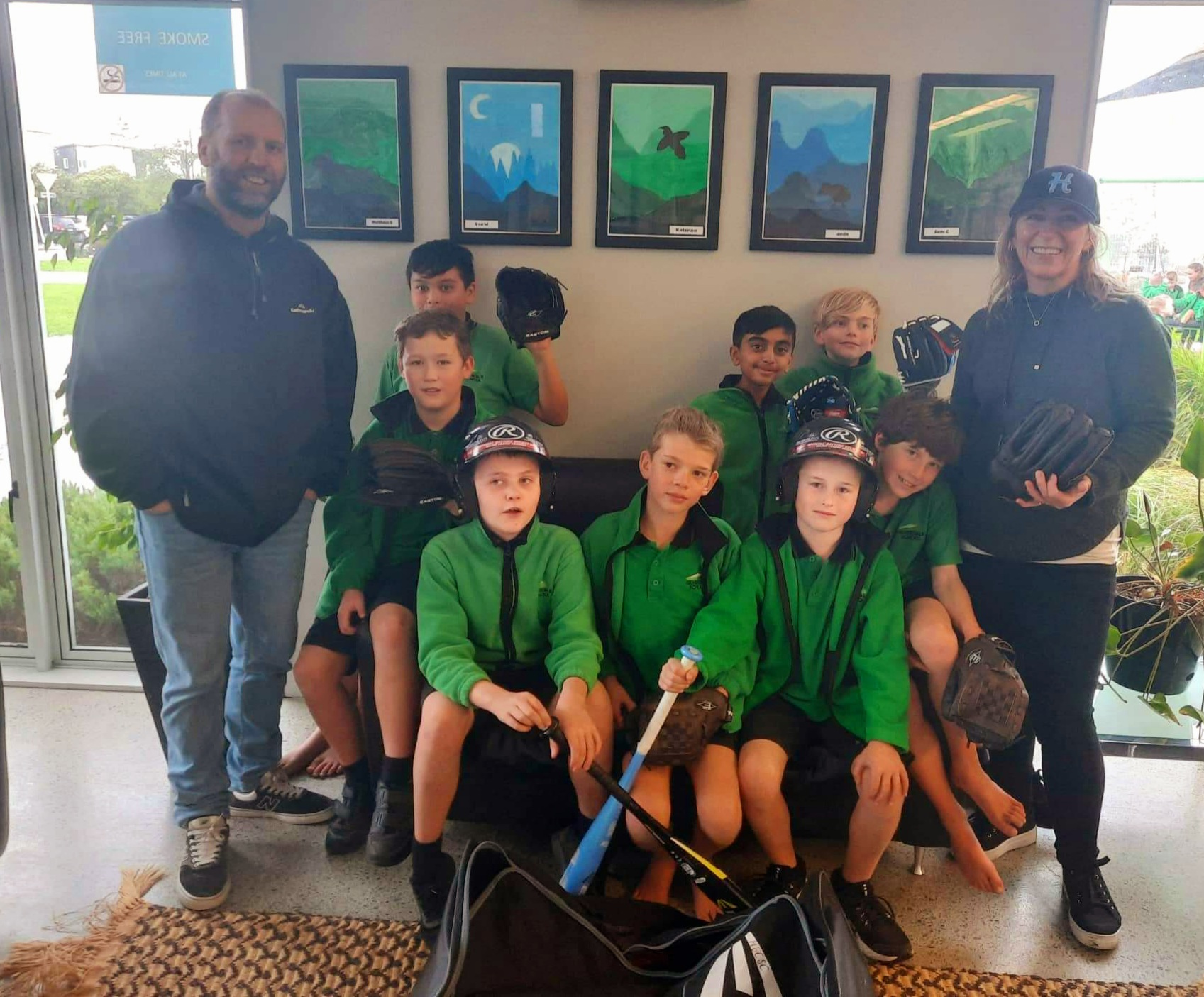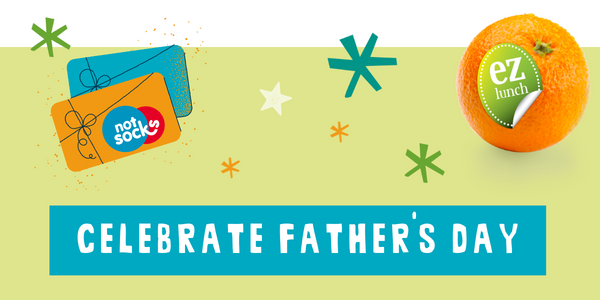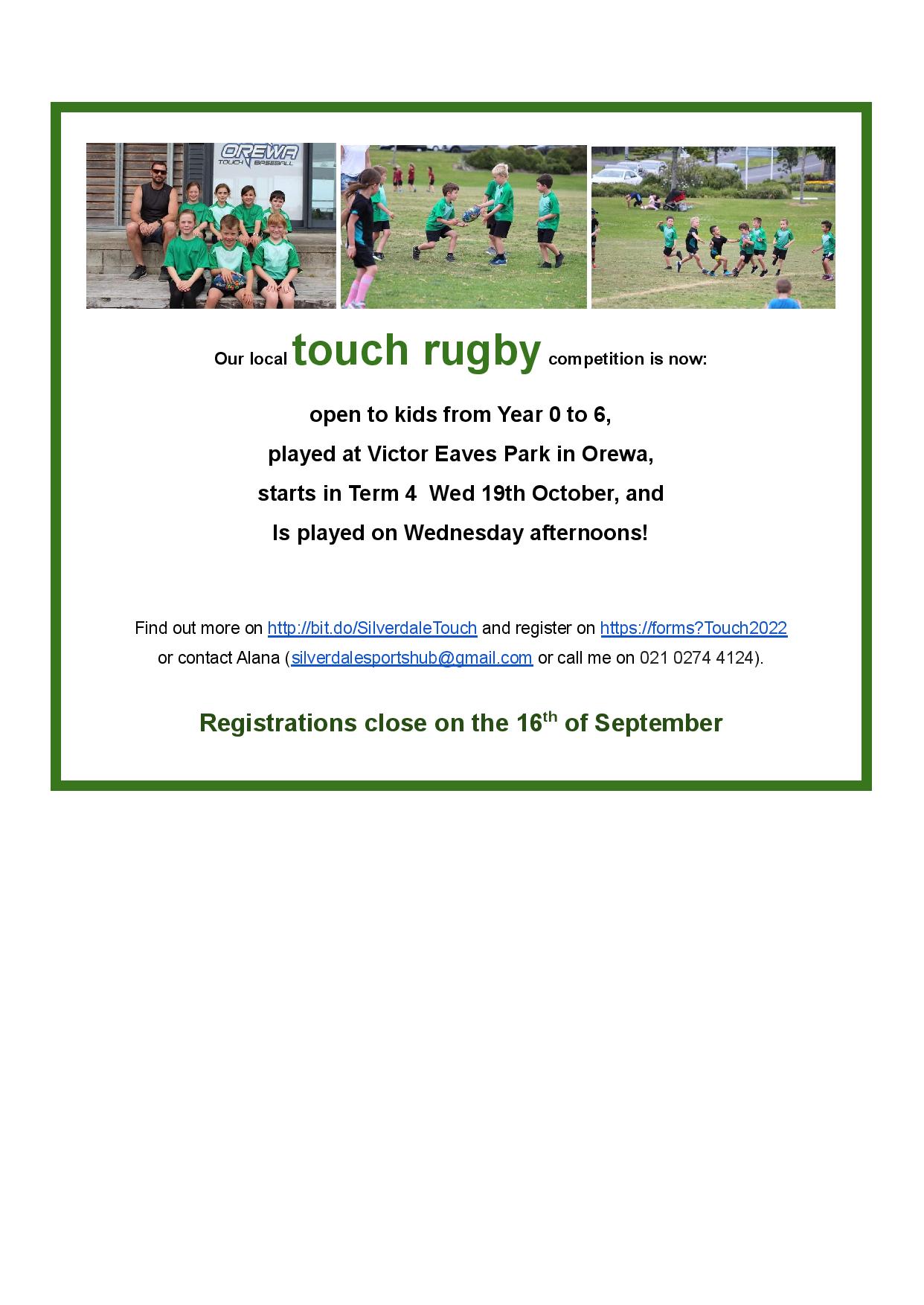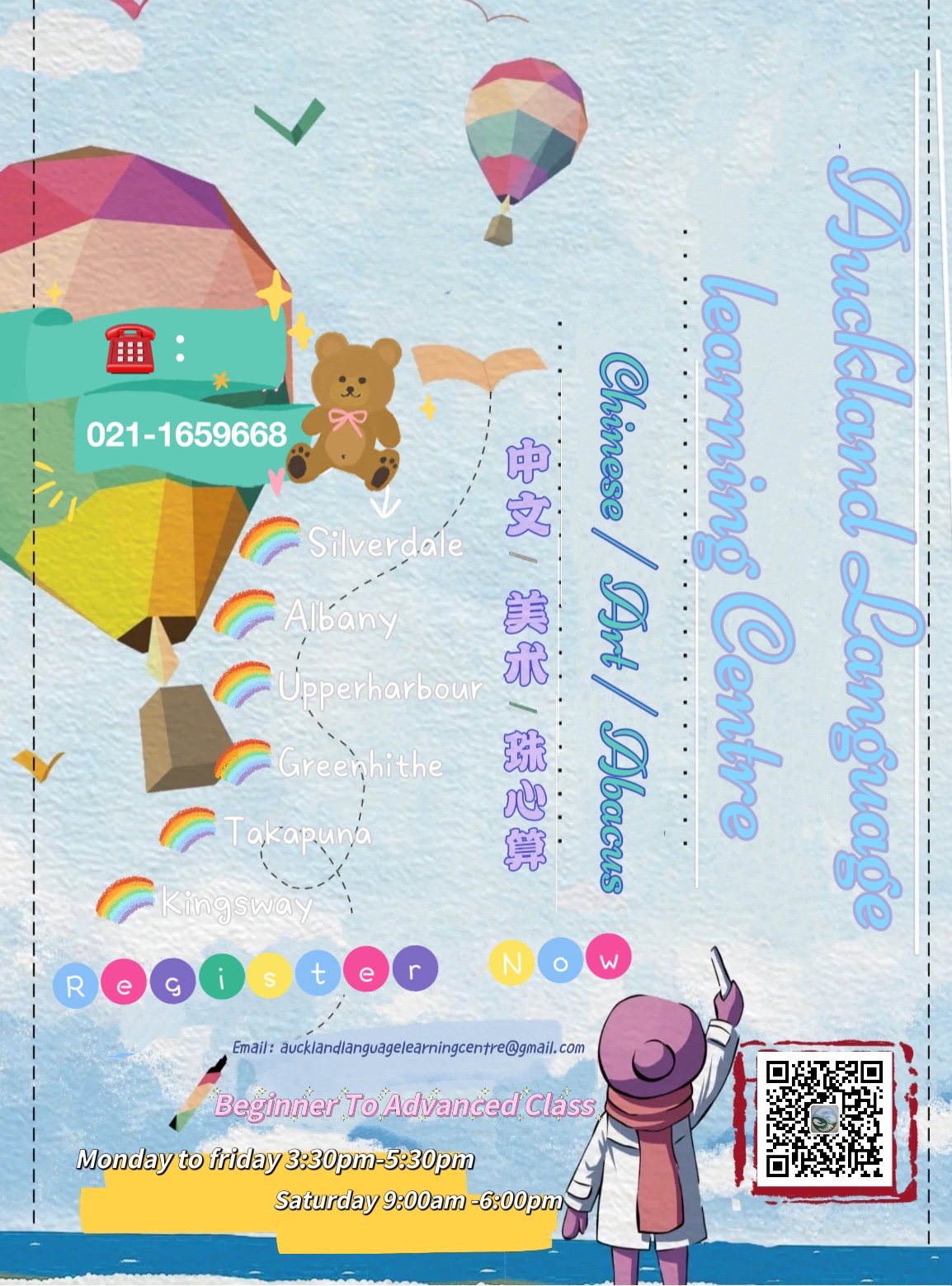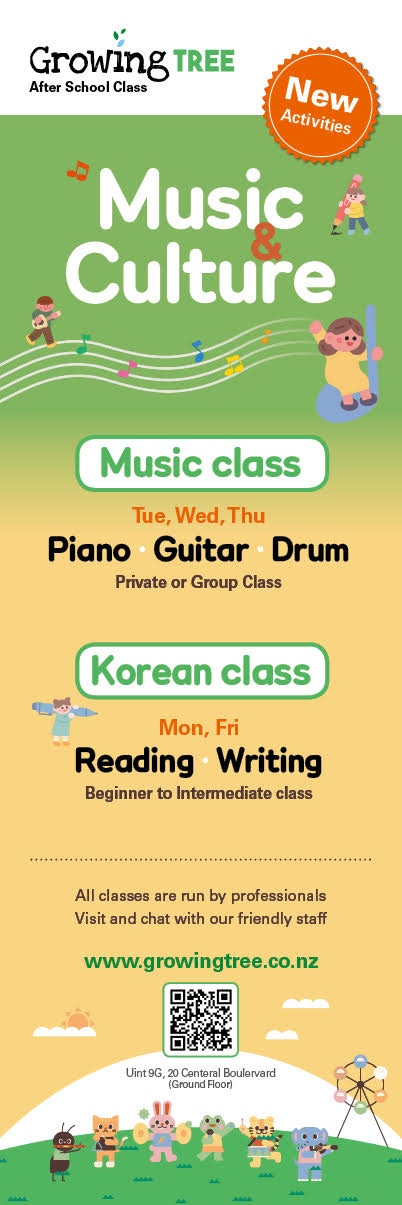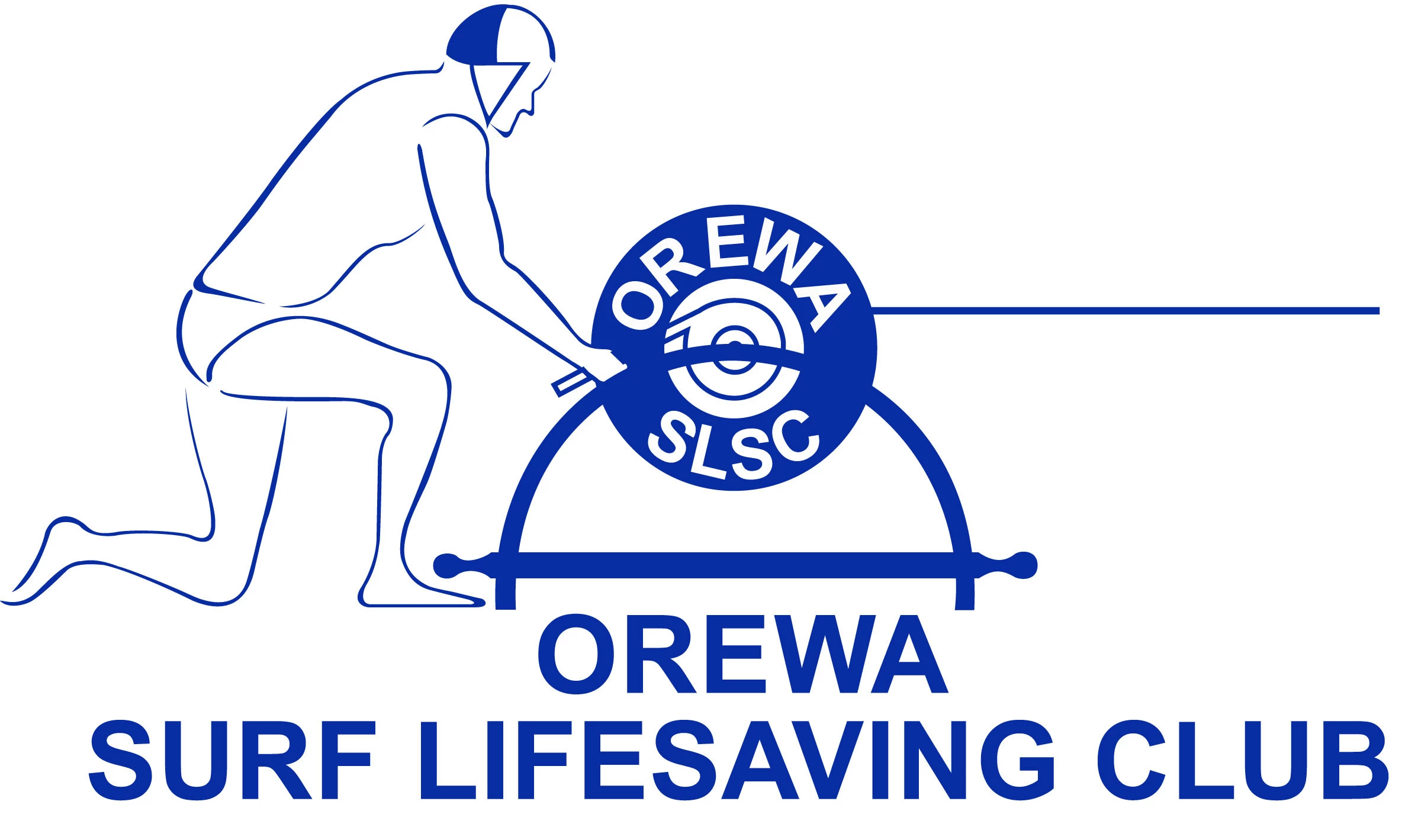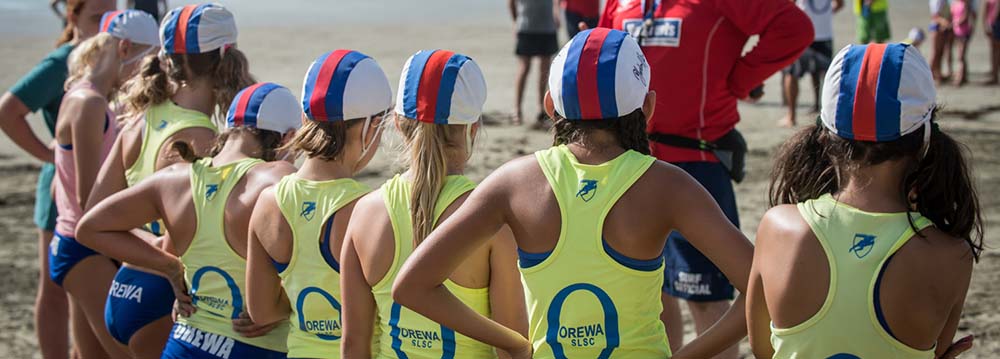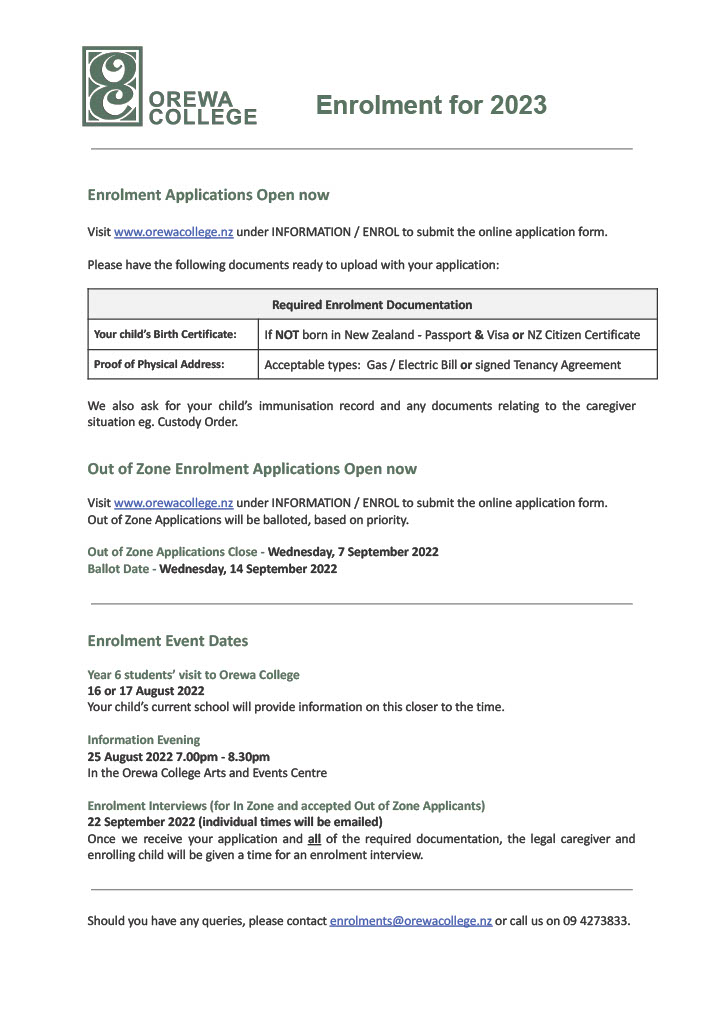Welcome
Welcome to Archie Hookham and Taika Bain who started with us this week. Our current roll is 837.
Happy Birthday
Happy birthday to Victor Shan, Sooah Kim, Jazmyn Teo, Hannah Griffith, Lize Munnik, Veramy Vorster, Eva Webster, Jayla Renton, Dallas Cameron, Rory Bassett, Grace Hart, Ana Gillam, Maggie Young, Alba Rihari, Evie Wakelin and Sam Cooper.
Te Rā Daffodil
Daffodil Day 26th August
Every day 71 New Zealanders are diagnosed with cancer. For over 30 years New Zealanders have supported the work of the Cancer Society on Daffodil Day and they need our help again this year.
Please help Silverdale School to raise money to support the cancer Society’s work in Auckland. With your support, every dollar raised for Daffodil Day will go towards cancer care for patients and their whānau, education and awareness programmes, and life-saving cancer research.
On Friday 26th August Silverdale School will hold a mufti day. Please encourage your child to dress in bright colours to symbolise Spring and to show their support for the Cancer Society on Daffodil Day. Rather than bringing in a gold coin donation, we ask that you make a contribution via our fundraising page https://daffodilday.org.nz/silverdaleschool.
KERI Awards
Well done to the following children who received Caught by KERI awards.
| |
Team Te Ohanga
|
Team Kiwi
|
Team Pukeko
|
Team Tui
|
|
Kindness
|
Sophia
|
Jackson
|
Sam
|
Cooper
|
|
Excellence
|
Logan
|
Amelia
|
Alba
|
Nic
|
|
Respect
|
Oliver
|
Iris
|
Kaitlyn
|
Madison
|
|
Integrity
|
Zayn
|
Austin
|
Aurora
|
Josh
|
The special kindness sushi winners of the week are Jaxon Rihari From Room 20 and Sienna Thomas Room 18.
P.E.A.K.S (Participation, Effort, Action, Knowledge, Skills)
P.E.A.K.S (Participation, Effort, Action, Knowledge, Skills) is our home learning programme where we celebrate the effort and commitment of students who take on a challenge and complete it in their own time. It gives us the chance to recognise the depth and wealth of learning opportunities students engage in in their leisure time.
Each team offers slightly different challenges they can engage in and there is also the opportunity to design their own challenge.
Each year level has a set number of challenges to achieve in the year. Those that complete these will be awarded a trophy at the end of the year in recognition of their efforts.
The Resilience Project Children Survey
Earlier this year our Year 4, 5 and 6 students took part in a Resilience survey. The Resilience Survey measures resilience and wellbeing across 9 key domains: Understanding Self, Social Skills, Positive Relationships, Safety, Healthy Body and Healthy Mind, Learning, Positive Attitude, Positive Values and Positive Identity. The survey results are anonymous and we can’t identify any students. The results have been shared with us and we have gone through the key findings. Over the coming weeks I will be sharing with you some of our results.
Understanding Self
|
Percentage of Year 4-6 children who answered yes to the question “I get along with people who are different from me”
|
| |
2021
|
2022
|
|
Silverdale School girls
|
68%
|
81%
|
|
NZ girls
|
76%
|
76%
|
|
Silverdale School boys
|
59%
|
61%
|
|
NZ boys
|
70%
|
70%
|
Empathy
The data gathered through The Resilience Survey shows that the New Zealand norms for students getting along with people who are different from themselves is quite low. Our girls have shown an improvement in this area but there is room for improvement for our whole kura.
It is important for our society to value and accept those who are different from us. Practising empathy means putting ourselves in the shoes of others to feel and see as they do.
Empathetic people have the ability to connect with others on a deeper level and can lead to individuals being helpful, involved and invested in other people. In our social society where we have to rely on each other, empathy is an increasingly important tool to connect with the world.
As a whole society we need to model this to our tamariki and rangatahi.
People tend to feel greater empathy for an individual when they perceive the individual to be similar to them. They also find it easier to empathize with someone who is familiar. As a result, one of the best ways to encourage empathy is to make children conscious of what they have in common with others. For example, studies suggest that schools boost empathy in students when they foster multiculturalism — an inclusive, warm attitude about cultural diversity (Le et al 2009; Chang and Le 2011).

